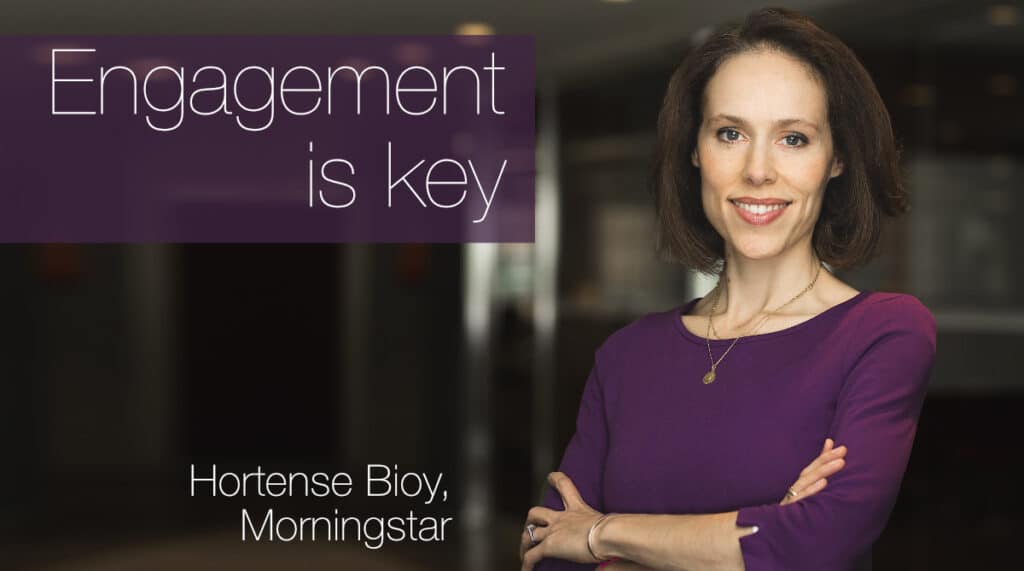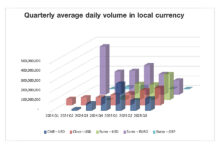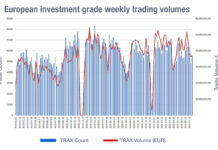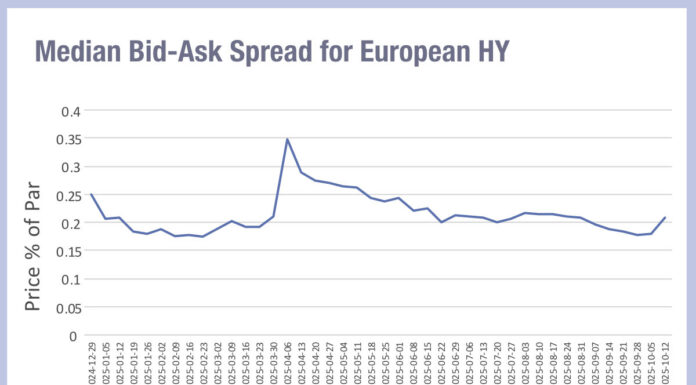
Hortense Bioy, Director of Sustainability Research, EMEA and APAC at Morningstar speaks to Shanny Basar about ESG initiatives and sustainability in her professional and personal life.
Hortense Bioy was promoted to Director of Sustainability Research, EMEA and APAC at Morningstar in June after a decade at the independent investment research provider. She was previously the firm’s Director of Passive Strategies and Sustainability Research, Europe and became interested in sustainability in 2017 when she started looking into passive managers’ investment stewardship practices.
Bioy said: “My colleagues and I wrote a paper on this very topic and found that passive managers were becoming more active owners of companies through voting and engagement.”
She continued that engagement is a key piece of the ESG (Environmental, Social & Governance) story but there is still a lack of transparency over what asset managers are doing.
“I am very impressed with the new UK Stewardship Code which is the strongest piece of regulation in the area,” Bioy added.
The new UK Stewardship Code 2020 came into effect at the beginning of 2020. The code includes 12 principles for asset owners and asset managers and a separate set of six principles for service providers such as investment consultants, proxy advisors, and data providers.
Globally listed environmental, social, and governance ETFs broke through the US$100bn barrier at the end of July this year according to ETFGI, an independent research and consultancy firm, when assets reached $101bn.
“Passive ESG investments have grown significantly in the past couple of years as more investors look to invest sustainably, but at a low cost,” Bioy added. “They understand the impact of costs on returns.”
She continued that Morningstar is seeing considerable product innovation in the ESG passive space.
“New indices are being developed giving cost-conscious investors access to new areas of the market, such as high-yield bonds and green bonds,” Bioy said.
Fixed income remains an under-developed area of the ESG fund market but has huge potential according to Bioy.
“We expect significant growth in ESG fixed income fund assets in coming years, driven in part by increasing demand for more outcome-oriented products,” she added. “In particular, fixed income lends itself very well to impact investing.”
Recovery from the pandemic is also expected to lead to more issuance of social bonds. Bioy explained that Covid-19 has resulted in more questions on the social aspect of ESG such as supply chains, health and safety measures, and the treatment of employees.
For example, the European Union attracted record demand for its inaugural jumbo social bond in October as the order book for the €17bn issuance exceeded €233bn. The transaction was the EU’s debut issue from its €100bn SURE programme* to help member states reduce unemployment during the pandemic.
“ESG incorporating is a growing trend in private markets too,” said Bioy. ”Private companies looking for capital are aware that they need to raise their game with ESG conscious investors.”
However data in private markets remains a challenge, although Bioy believes this will change as investors request more transparency and disclosure.
Morningstar ESG Commitment Level
In November 2020, Morningstar announced it had begun formally integrating ESG factors into its analysis of stocks, funds, and asset managers.
Equity research analysts will employ a globally consistent framework to capture ESG risk across over 1,500 stocks using Sustainalytics’ ESG Risk Ratings before assigning a star rating. Morningstar acquired Sustainalytics, a Dutch-domiciled provider of ESG ratings and research, in July 2020. The rolling out of the equity research rating enhancements will begin on December 9 this year and continue throughout 2021.
Manager research analysts will examine the extent to which strategies and asset managers are incorporating ESG factors as part of the new Morningstar ESG Commitment Level evaluation. Bioy said the Morningstar ESG Commitment Level for funds and asset managers fills a gap in the market.
“It will allow investors to better understand how ESG informs investment decisions,” she added. “Many asset managers claim that ESG is core to their investment philosophy but this needs to be translated into the commitment of resources and, ultimately, investment decisions.”
The ESG Commitment Level evaluation of strategies and asset managers will follow a four-point scale of Leader, Advanced, Basic, and Low. The manager research team has published an initial white paper: “The Morningstar ESG Commitment Level: Our first assessment of 100-plus strategies and 40 asset managers.”
Bioy said: “Morningstar’s role is to help investors make better informed decisions and, in the context of ESG, we want to help them select the strategies that will best meet their sustainability preferences.”
She predicted that incorporating ESG factors into investment decisions will just become normal investing in three years’ time.
“We will probably talk less about ESG as a risk factor and more as a way to create impact,” she added.
Career
Bioy joined Societe Generale as an M&A analyst in Hong Kong in 2000 before moving to London and having spells in journalism. In 2010 she joined Morningstar as a senior ETF analyst and has risen through the ranks over the past decade. Her advice to other women is to be curious, passionate and work hard.
“You have to be prepared to voice an opinion if you see a lack of diversity,” she said. “Research needs diverse ideas even though it may be uncomfortable to listen to other voices.”
However, Bioy admitted that she may need to assess the sustainability of her work ethic.
She said: “You have to be tenacious and put in the hours when it is necessary, although I admit I work too much, which may not be sustainable with three children. Isn’t it ironic?”
*The European instrument for temporary Support to mitigate Unemployment Risks in an Emergency (SURE).
©BestExecution & The DESK 2020
©Markets Media Europe 2025












